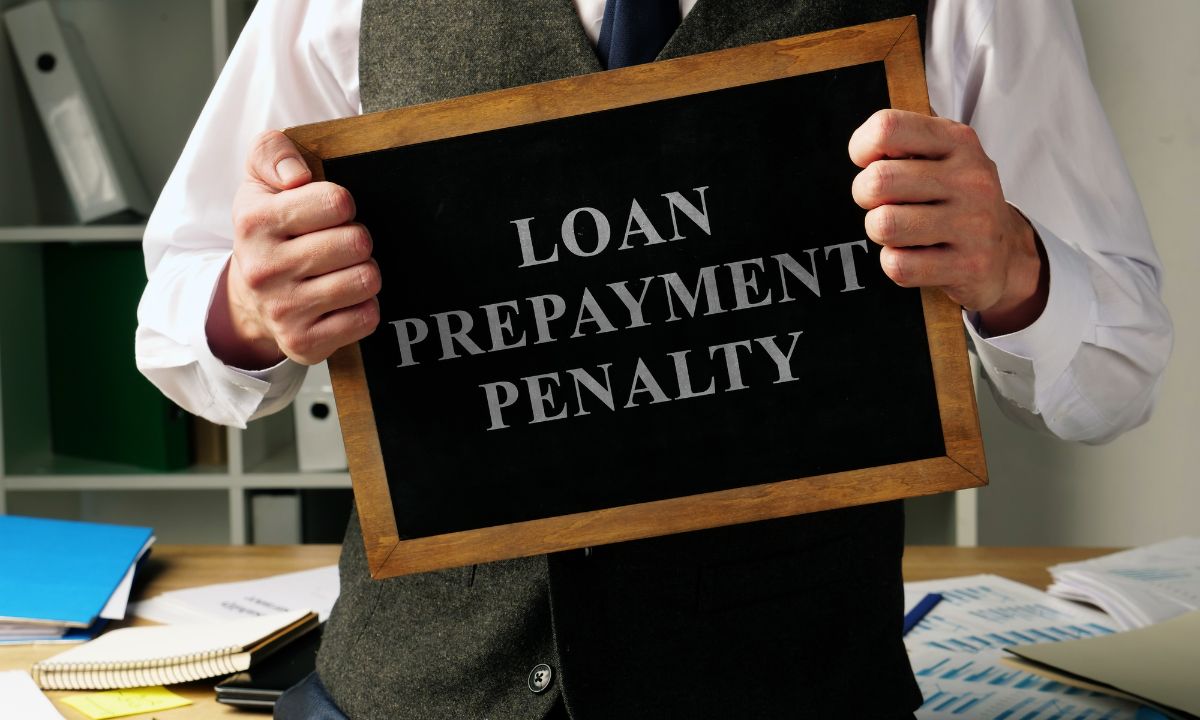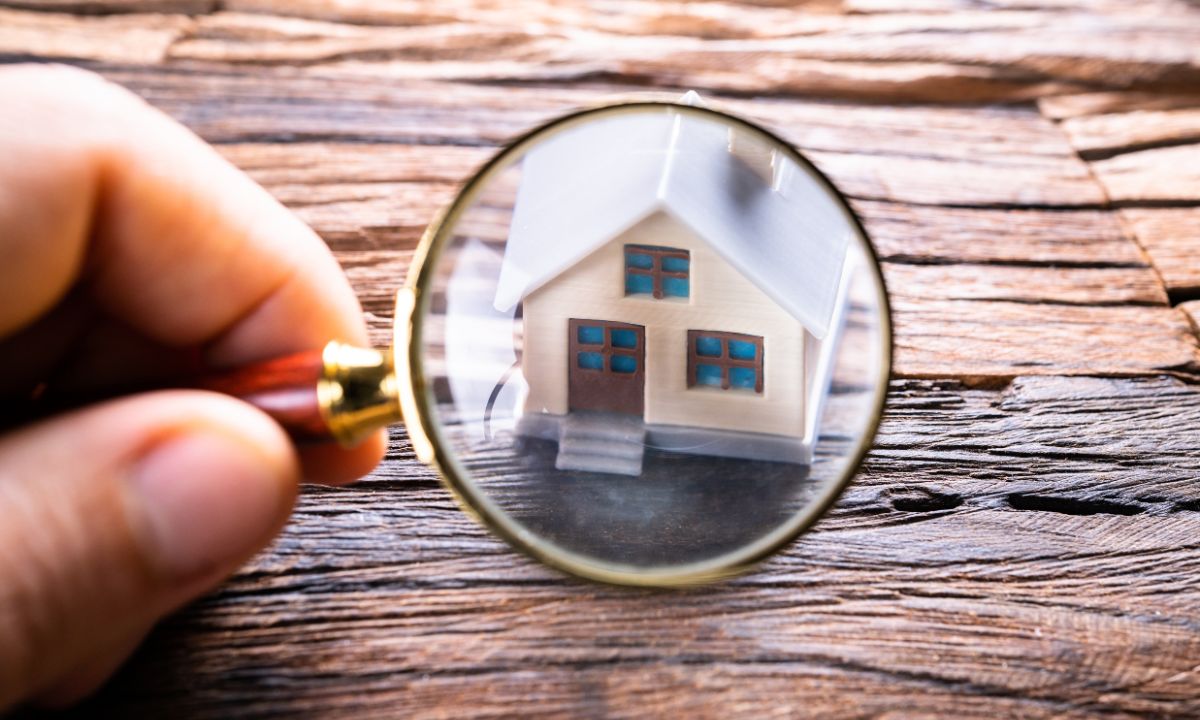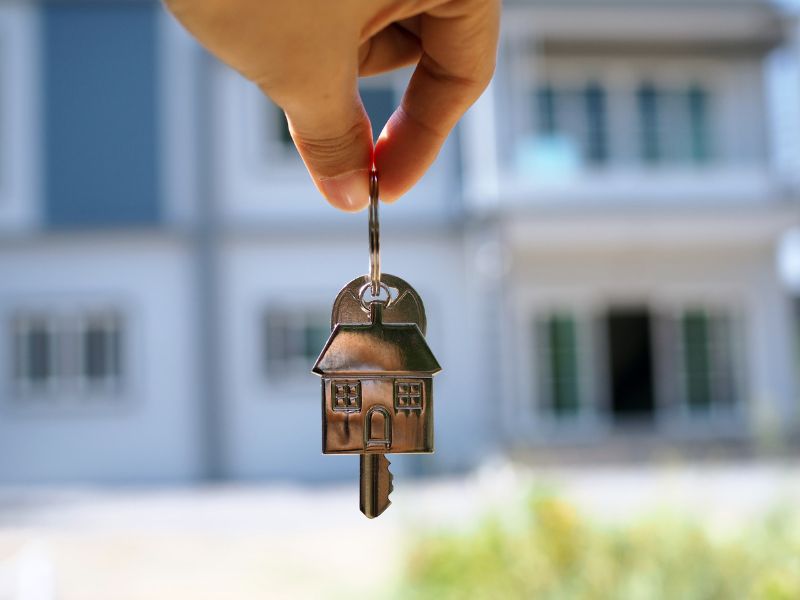Does Your Home Loan Have a Prepayment Penalty?
 Buying a home is a huge milestone, and the excitement of closing can lead many buyers to quickly accept any mortgage offer without fully understanding its terms. One important detail to watch for is whether your mortgage includes a prepayment penalty. This fee can be an unwelcome surprise, so it’s crucial to know what you’re signing up for before finalizing your loan.
Buying a home is a huge milestone, and the excitement of closing can lead many buyers to quickly accept any mortgage offer without fully understanding its terms. One important detail to watch for is whether your mortgage includes a prepayment penalty. This fee can be an unwelcome surprise, so it’s crucial to know what you’re signing up for before finalizing your loan.
What is a Prepayment Penalty?
A prepayment penalty is a fee that some lenders charge if a borrower pays off their mortgage within a specified period, typically during the first two to five years. Though less common, some loans still include this clause. The lender charges the penalty to recoup the loss of expected interest from the loan. Prepayment penalties can apply whether you refinance or sell your home, so understanding the conditions of this fee before signing is essential.
How to Determine if You Have a Prepayment Penalty
Don’t wait until the closing process to ask about a prepayment penalty. Review your loan estimate thoroughly after pre-approval. While prepayment penalties are more typical with certain loans, always read the fine print. If anything seems unclear or if there’s a discrepancy between what you’re told and what’s on paper, reach out to your loan officer for clarification.
What Can You Do About It?
If you find out that your loan includes a prepayment penalty, you still have options. For some borrowers, the penalty isn’t a concern, especially if they plan to stay in the home long-term and don’t expect to refinance soon. Sometimes, agreeing to the penalty can lower your interest rate or closing costs.
However, if you foresee moving or refinancing within a few years, this fee could be problematic. In that case, try negotiating with your lender to remove or reduce the penalty. If that doesn’t work, consider shopping around for another lender who offers better terms.
A prepayment penalty can significantly impact your mortgage, but understanding it upfront allows you to make informed decisions. If you do encounter this fee, negotiation and comparison shopping could help you secure more favorable loan terms for your dream home.

 When you’re buying a home, one important component of the real estate contract is the appraisal contingency. This clause protects the buyer in case the property’s appraisal comes in lower than the agreed-upon sale price. While it’s a common part of many real estate transactions, it’s often not fully understood. Here’s why it’s so important and how it can impact your purchase.
When you’re buying a home, one important component of the real estate contract is the appraisal contingency. This clause protects the buyer in case the property’s appraisal comes in lower than the agreed-upon sale price. While it’s a common part of many real estate transactions, it’s often not fully understood. Here’s why it’s so important and how it can impact your purchase. Do you ever dream about a larger, roomier, or more luxurious living space? Or perhaps just want to experience the joy of owning your own home and building your net worth instead of renting? Let’s explore a few questions that can help to answer whether or not you’re ready for a new lifestyle as a homeowner.
Do you ever dream about a larger, roomier, or more luxurious living space? Or perhaps just want to experience the joy of owning your own home and building your net worth instead of renting? Let’s explore a few questions that can help to answer whether or not you’re ready for a new lifestyle as a homeowner.